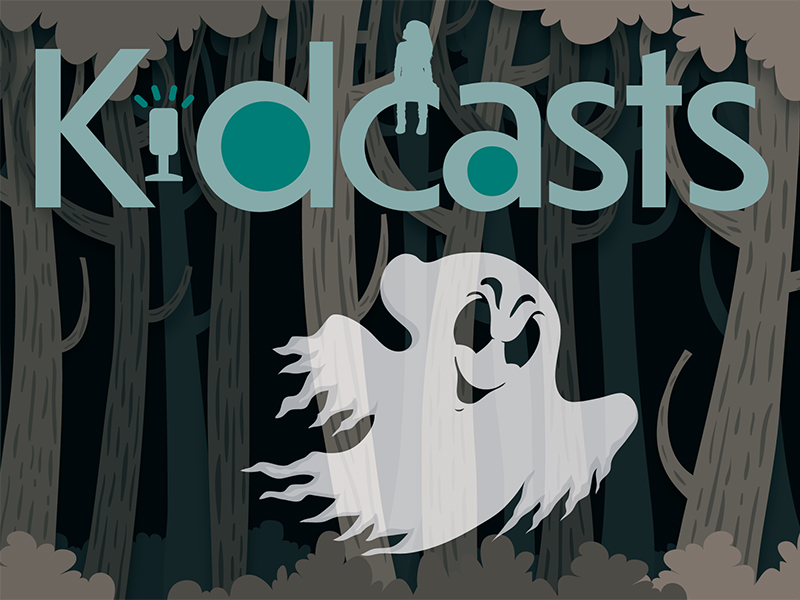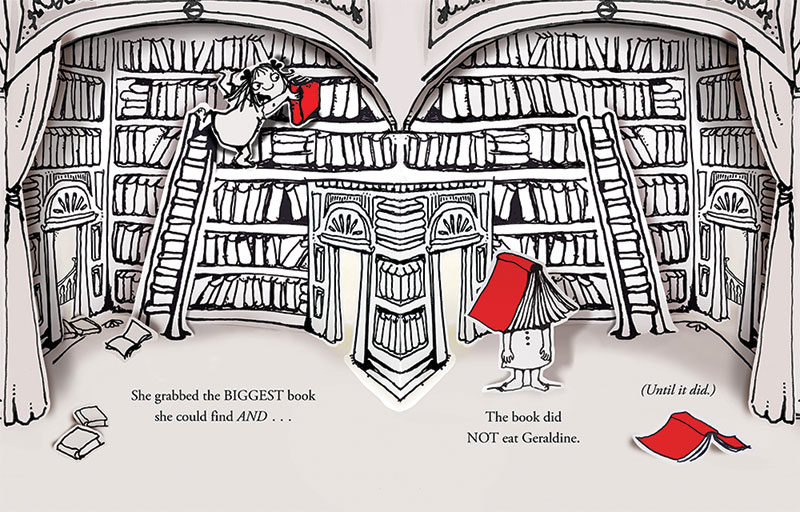Review of the Day: The Mysterious Edge of the Heroic World (Part One)
A question was posed recently on the Horn Book blog run by Roger Sutton about what it would be like if reviewers never knew the names of the authors of the books they read and critique. It’s an interesting idea. No human being is a blank slate, after all. You can’t help but acquire little prejudices and preconceptions as you become more and more familiar with a writer’s work. Sometimes you, the reviewer, are going to have to face facts about one author or another; You’re just not that big a fan of their work. Take me, for example. If you asked me what I thought of E.L. Konigsburg I would yelp a quick, "I liked The View from Saturday," and hope to high heaven that you’d leave it at that. Fact of the matter is, I read "A View from Saturday" a long time ago. Maybe I’d feel the same about it now as I did the first time I perused it. Maybe not. You see as of right now I’m just not that into Konigsburg. I recognize her importance in the field of children’s literature. I appreciate her stories and her characters and her plots. I’m just not that big a fan of her writing or her dialogue, and this makes it difficult for me to read her books. So when I found myself in possession of "The Mysterious Edge of the Heroic World" I decided (yet again) to put aside my assumptions and just enjoy the ride. I failed in this. So basically I’m telling you right off the bat that if you want an unbiased review, look elsewhere. I can only write what I myself perceive, and what I perceive before me is a book that isn’t quite sure who its audience is.
Sixth grader Amedeo Kaplan has just moved to St. Malo, Florida from New York and he’s in a bit of a rut. He has no friends, Florida is really humid, there are lovebugs mating all over his arms, and he has yet to discover something. Amedeo would kill to discover something ANYTHING, but so far he’s been plumb out of luck. Enter William Wilcox. A loner and the son of a woman who runs estate sales, William has recently been seen entering the home of the amazing Mrs. Zender and Amedeo wants to know why. After all, Mrs. Zender is a former opera star with a home full of antiques, treasures, and mysteries galore. It doesn’t take long for Amedeo to insinuate himself into the home as well and soon he’s helping William pack up Mrs. Zender’s things. She’ll be entering a home before too long, but before she does Amedeo is certain that this is the place to discover the one thing no one else could find except for him. Turns out, he’s absolutely right.
One librarian I spoke to about this book noted that she liked it but that, "it wasn’t a children’s book." She may have a point there. Certain elements in the story made it pretty clear from the get-go that this was a title for the mature. For example, it is not unheard of for a children’s book to follow both a child and an adult as they go about their daily lives but usually the adult is either an antagonist or someone with a story that is just as interesting as that of the child. So the sections of the book following Peter Vanderwaal (whose connection to Amedeo is so tenuous and odd that you’re left wondering why Peter wasn’t just made the boy’s uncle or something) seem very adult. Plus, the boys’ relationship to Mrs. Zender and one another sort of has the feel of a coming-of-age tale more than anything else. If Amedeo and William had experienced a tender first kiss with one another, I wouldn’t have blinked an eye in surprise. The whole enterprise has a mature sensibility. Heck the conversations about how Mrs. Zender would always play a "boy or a bitch" and how her fans "all wanted to sleep with me", ups the ante right there.
The writing itself also gives the general feeling that the author was working on a plain above and beyond her child readership. Sometimes the dialogue ends up getting so symbolic that you’re left wondering what on earth Konigsburg is talking about. The discussion of how William’s mother, "turns away anger", for example. Other times it’s just plain confusing. I guess that William is supposed to be of a different class than Amedeo, but when he suddenly starts saying sentences like "Ma, they got eyes in their heads. They can see what all we got," it seems at odds with his earlier more eloquent lines.
Filed under: Reviews
About Betsy Bird
Betsy Bird is currently the Collection Development Manager of the Evanston Public Library system and a former Materials Specialist for New York Public Library. She has served on Newbery, written for Horn Book, and has done other lovely little things that she'd love to tell you about but that she's sure you'd find more interesting to hear of in person. Her opinions are her own and do not reflect those of EPL, SLJ, or any of the other acronyms you might be able to name. Follow her on Twitter: @fuseeight.
ADVERTISEMENT
ADVERTISEMENT
SLJ Blog Network
Happy Poem in Your Pocket Day!
More Geronimo Stilton Graphic Novels Coming from Papercutz | News
Parsing Religion in Public Schools
Environmental Mystery for Middle Grade Readers, a guest post by Rae Chalmers
ADVERTISEMENT








Oh Wow!